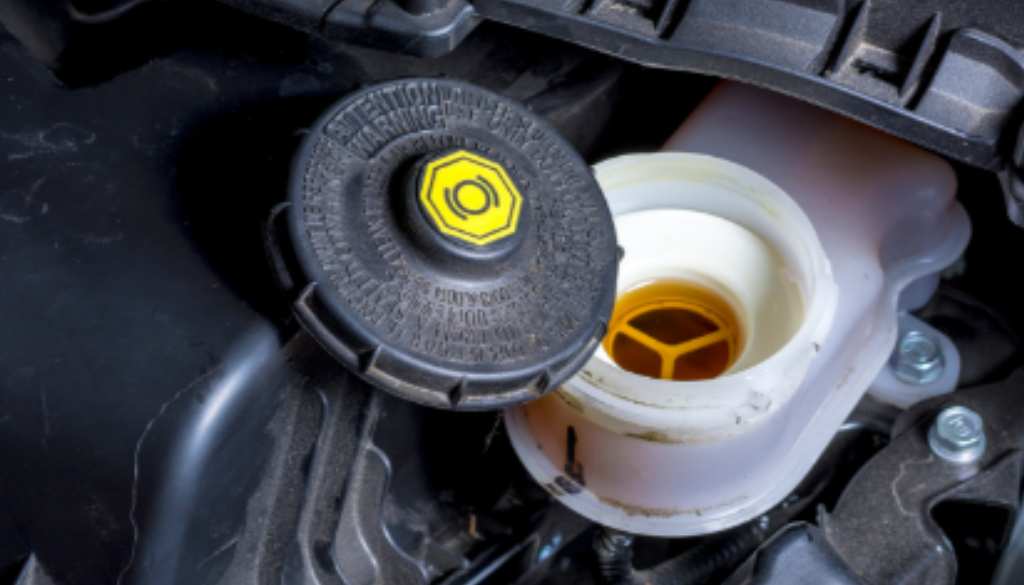What Is Brake Fluid, How Essential Is It for a Car, and When to Change It

Pune, 18th June 2024: A large number of people worldwide use cars, and even a small oversight can lead to significant problems. To keep a car in good condition, it’s crucial to change the brake fluid on time. Brake fluid is vital for the proper functioning of a car’s hydraulic braking system. Ignoring it can lead to brake failure, posing serious safety risks. This article explores the role of brake fluid, its importance, and the recommended schedule for changing it to ensure optimal performance and safety.
Proper maintenance is necessary for any car to run smoothly, yet many people often neglect it, increasing the risk of various issues. Brake fluid is one such crucial component. It helps create the necessary pressure to apply the brakes properly. Most cars worldwide use hydraulic brakes, and brake fluid is essential for their effective operation.
Assistant mechanic Ravi Kumar explains, “Brakes are used to stop any car, and for brakes to function correctly, brake fluid is essential. It helps create the necessary pressure to apply the brakes properly.”
As long as the brake fluid in a car is clean, the brakes work without any issues. However, when it starts to deteriorate or its level decreases, it becomes challenging to apply the brakes. Excessive pressure may be required, or it may take longer than usual to stop the car. These are clear indicators that it’s time to check the brake fluid.
Typically, brake fluid should be replaced every two years or after 50,000 kilometers. Modern cars equipped with features like Anti-lock Braking System (ABS), Electronic Brakeforce Distribution (EBD), Electronic Stability Program (ESP), and traction control use the brakes autonomously, which can shorten the lifespan of the brake fluid. In such cars, it may need to be changed even sooner.
Brake fluid should be checked during the car’s regular service. If needed, it should be topped up or replaced at that time. If changing it yourself, open the master cylinder, drain the old fluid, refill it with new brake fluid, and bleed the brakes to remove any air from the system.








